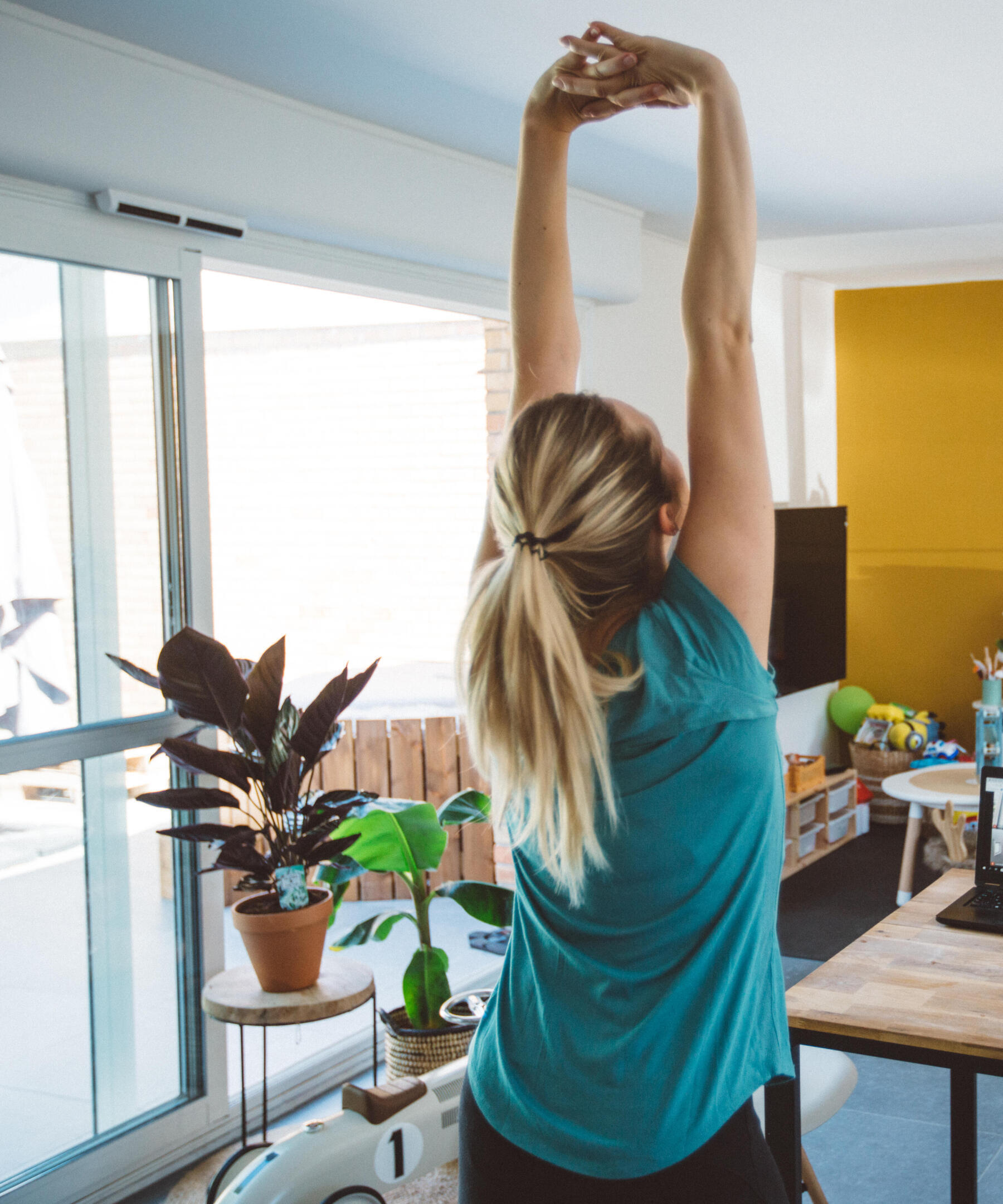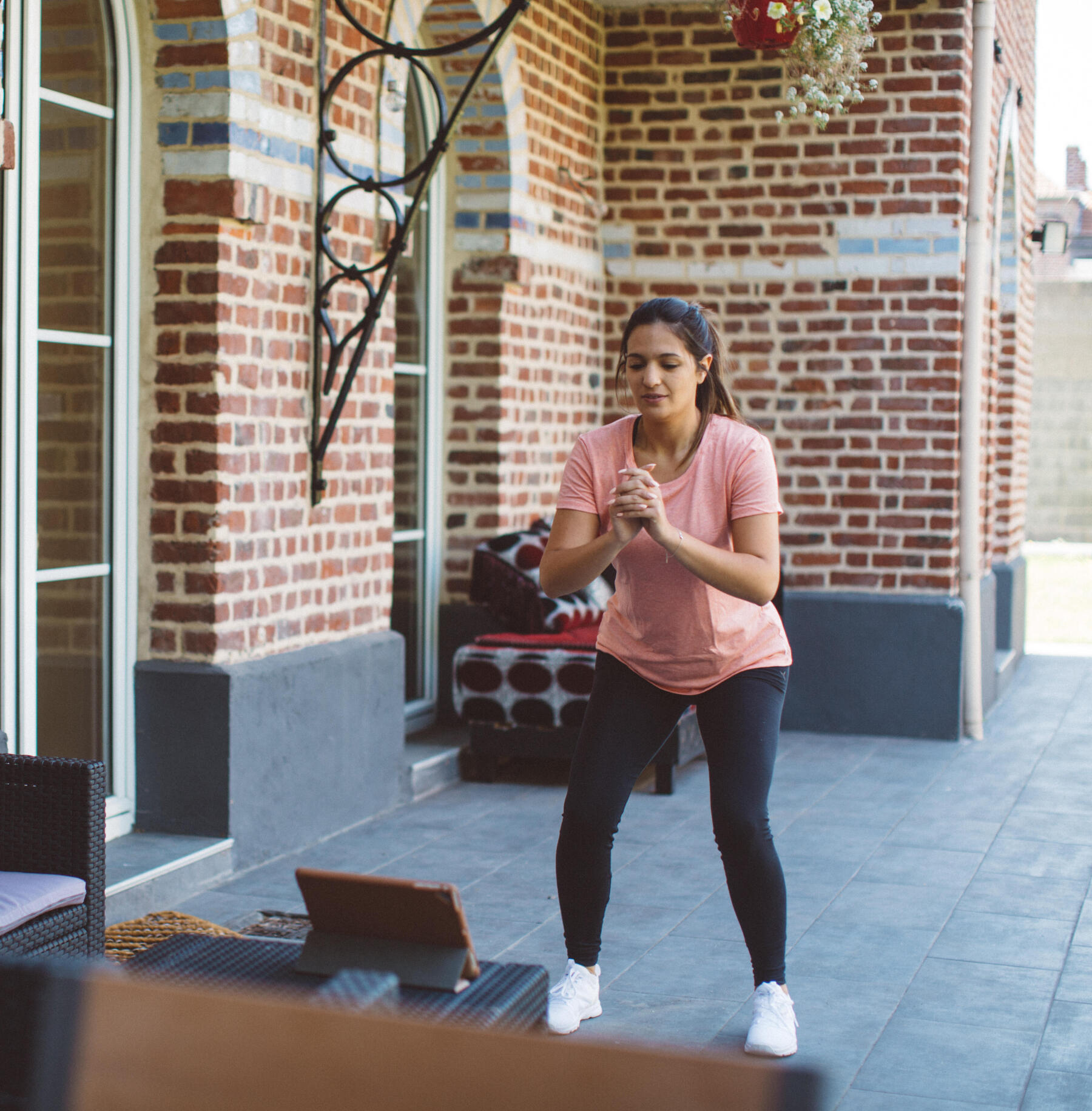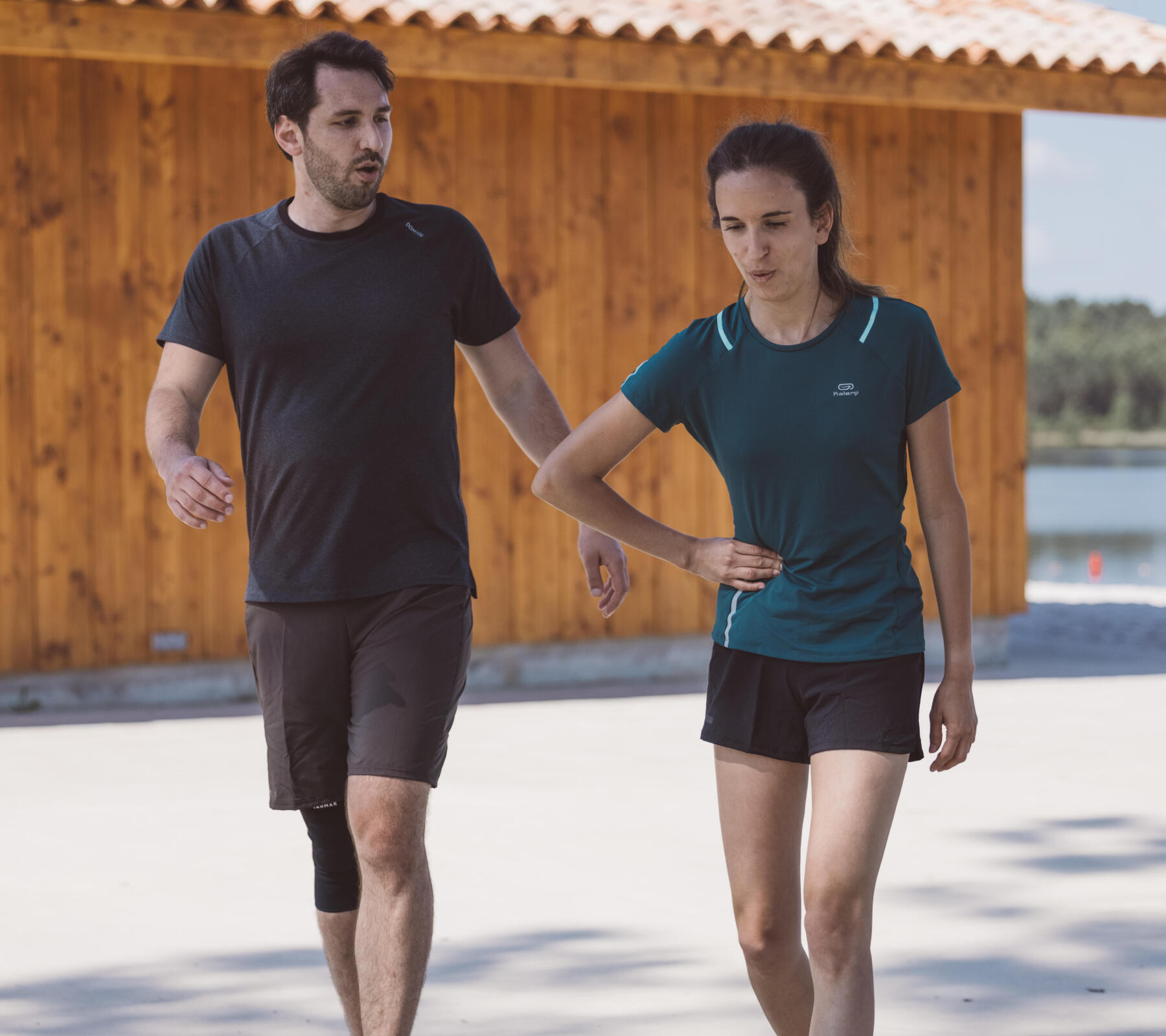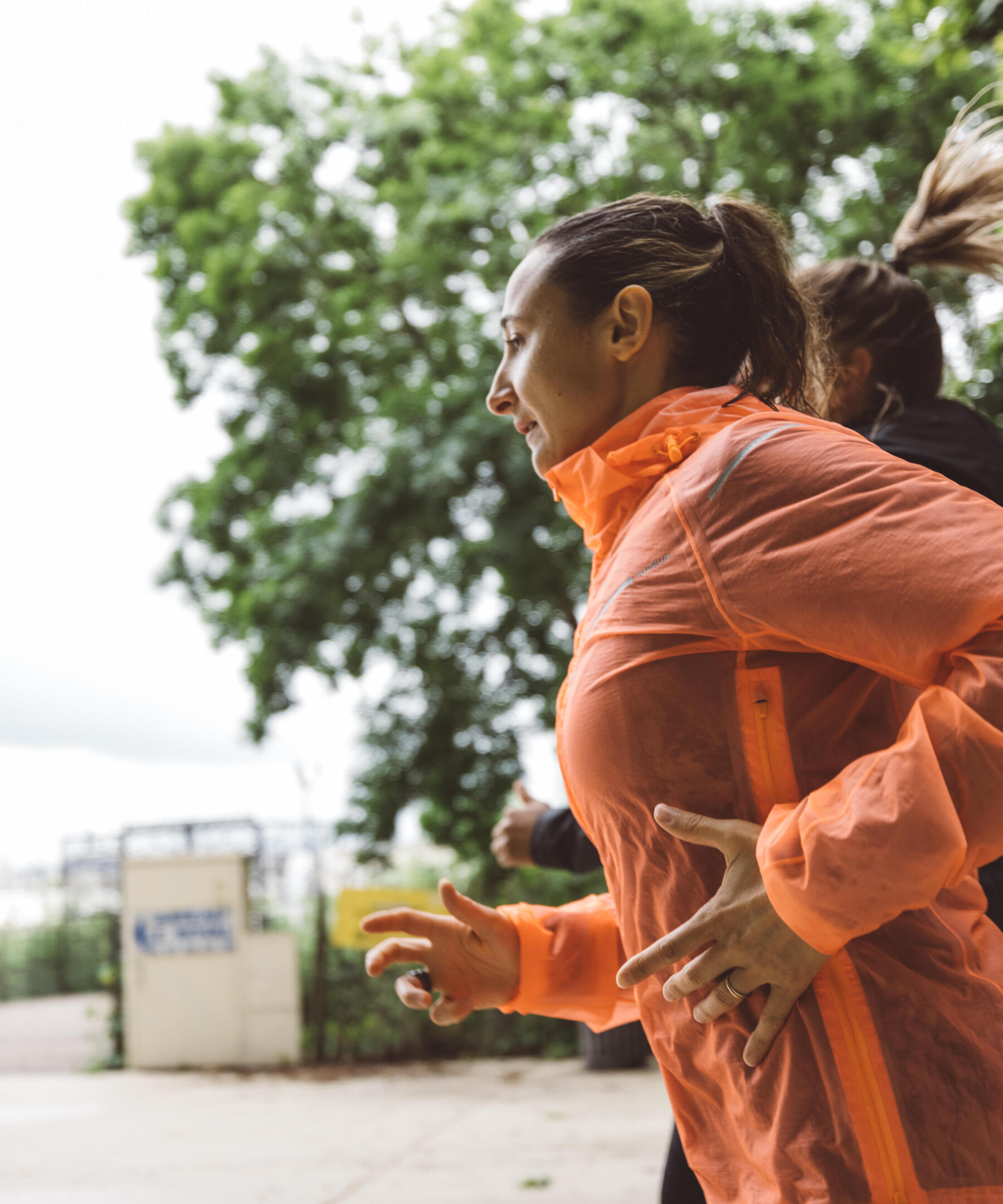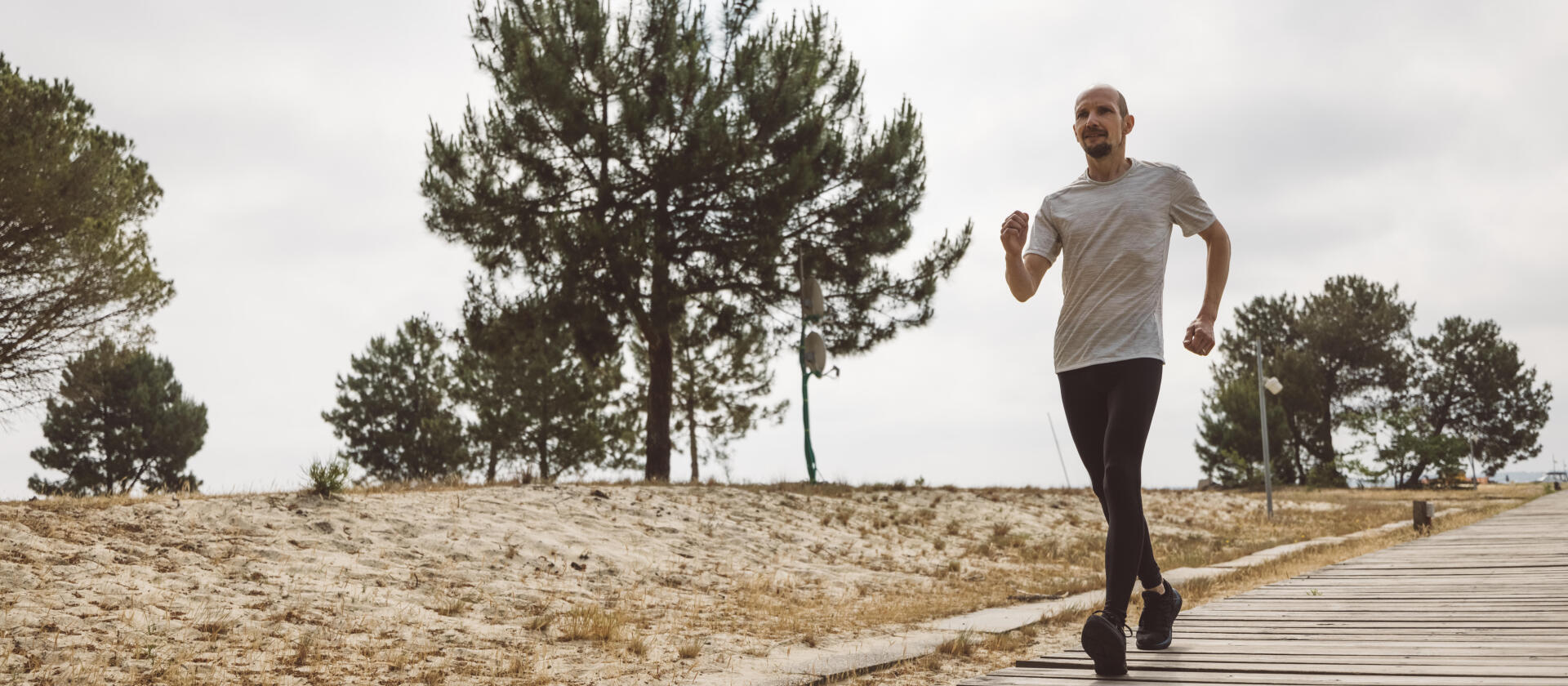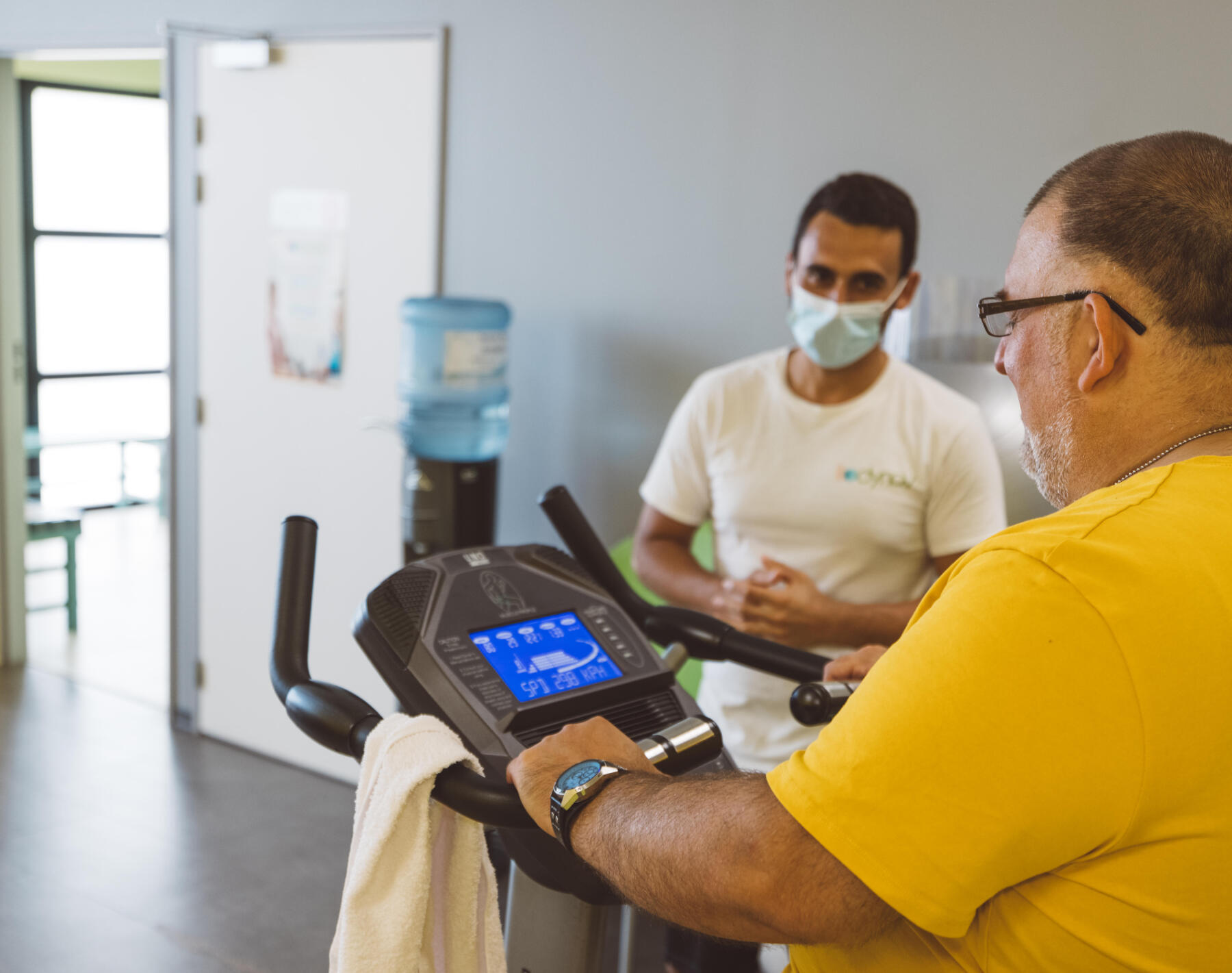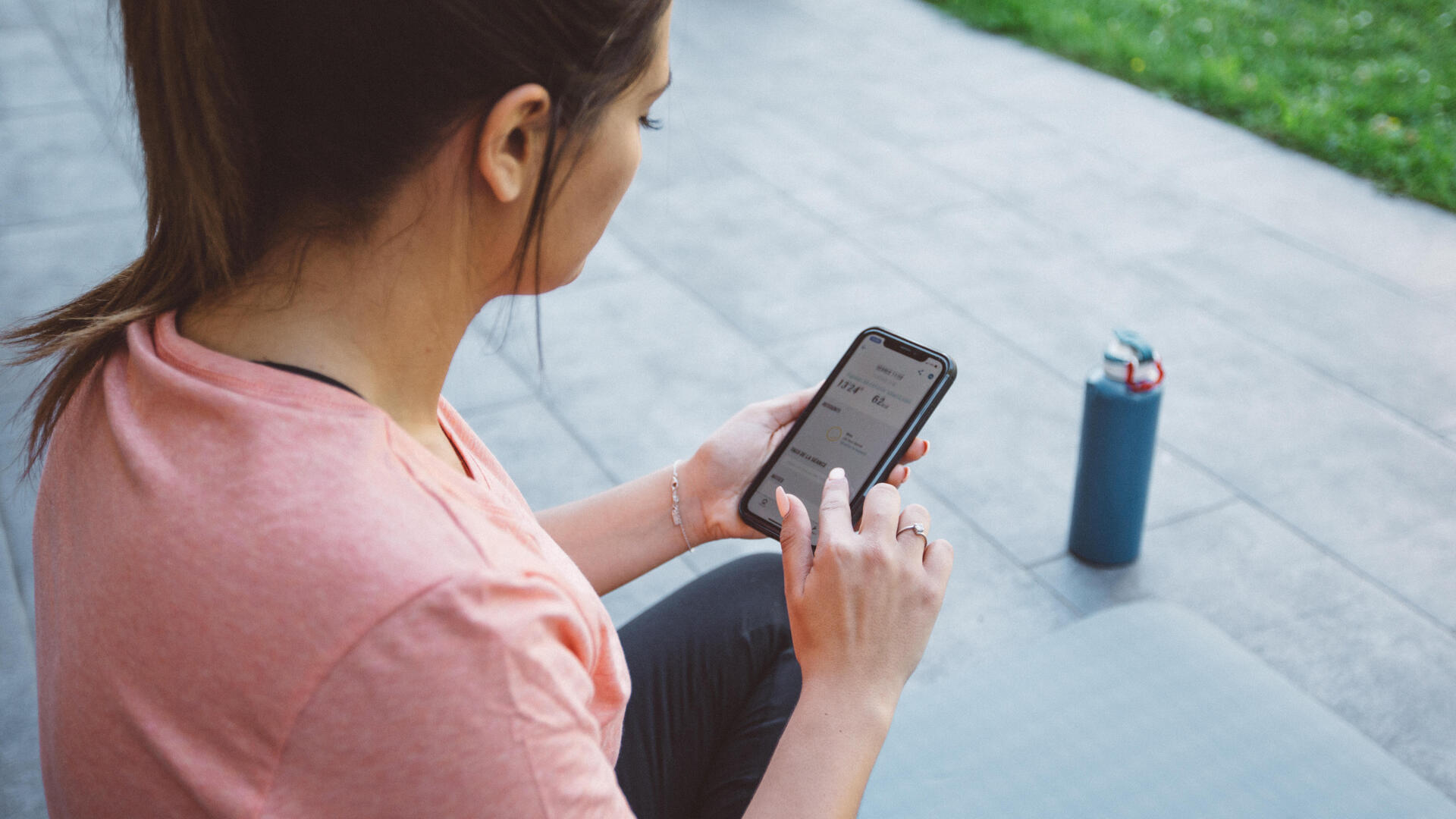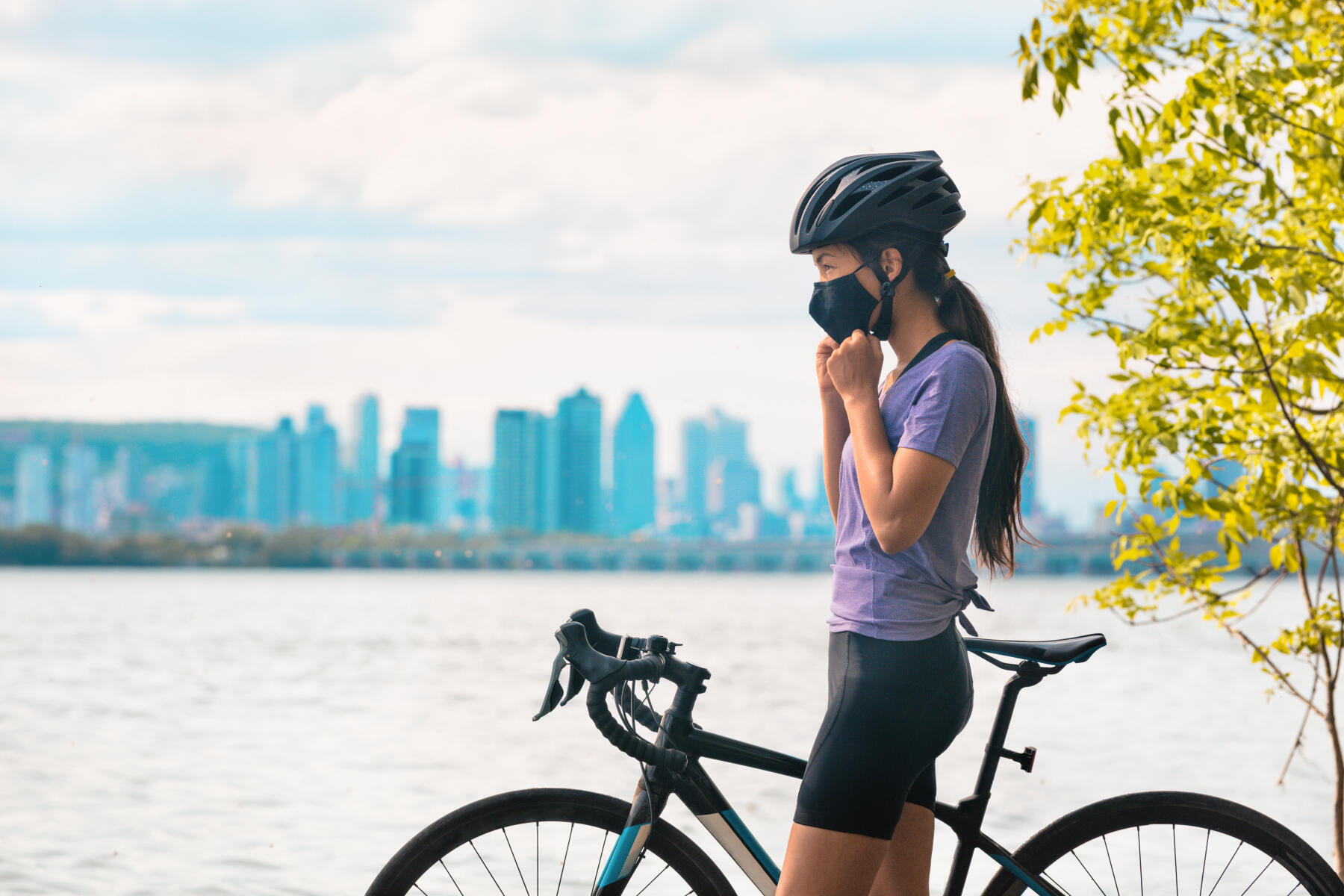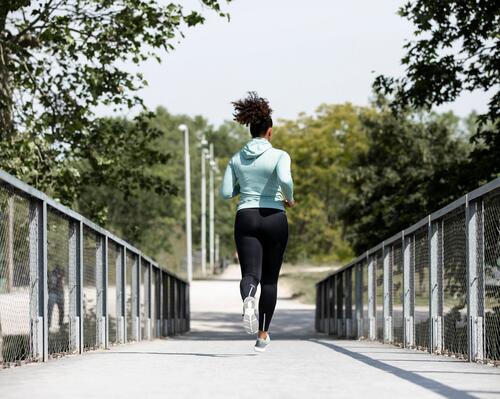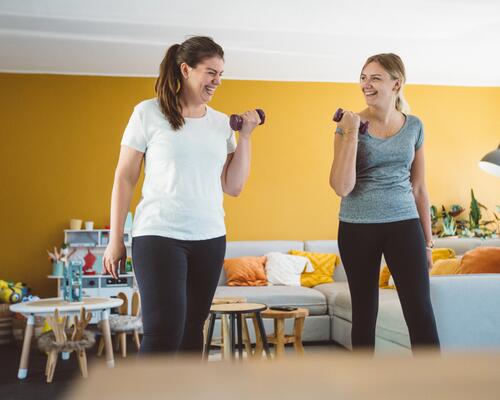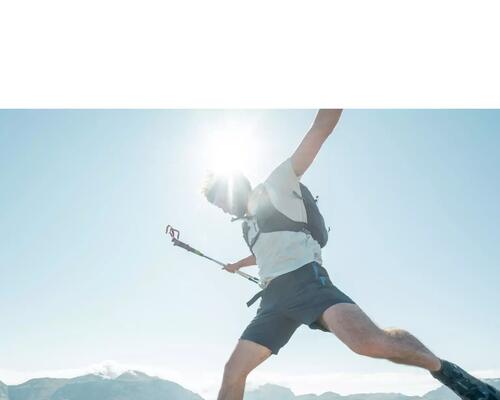What precautions should you take when returning to your physical activity?
Yann: "If you aren't experiencing any problems returning to sport and getting back to your initial level of fitness, you can safely carry on.
If the situation is different or you feel intense or unusual symptoms during exercise, we also recommend having a quick checkup with your GP to take stock of the situation and make the right adjustments to your return to sport.
The doctor can check out the following:
- Arterial blood pressure, weight, etc.
- If necessary, they may conduct an electrocardiogram, listen to the chest and, possibly, prescribe a blood test.
- If needed, they will recommend a cardiovascular checkup with a cardiac stress test."
Noé: “You can review your equipment with a professional. Having a suitable new pair of trainers can reduce the harmful effects on the osteoarticular system, ligaments and muscles, especially if you haven't done any exercise for a while.
Should you feel any shortness of breath or unusual pain when returning to training, we recommend that you contact your GP."


